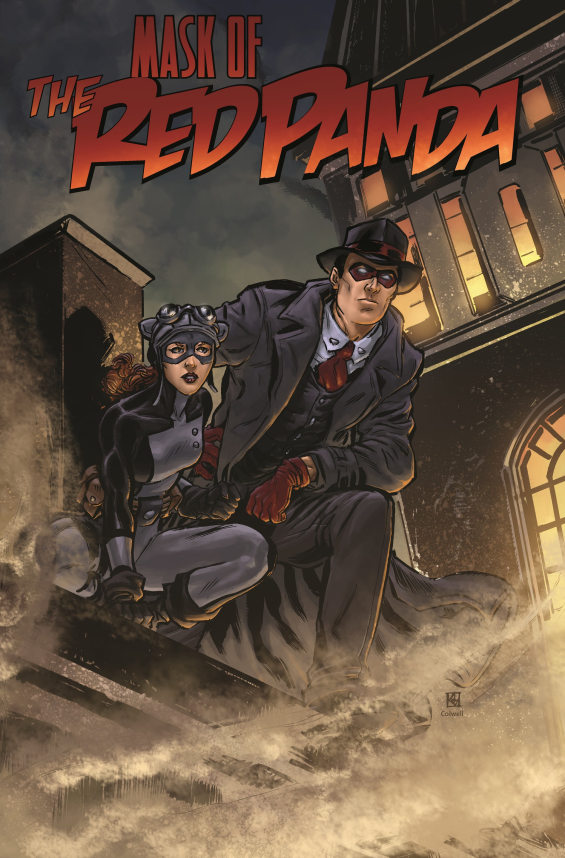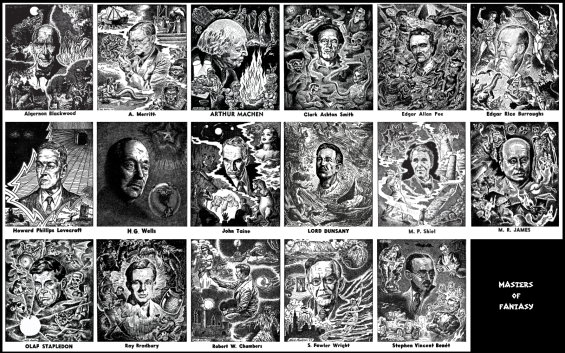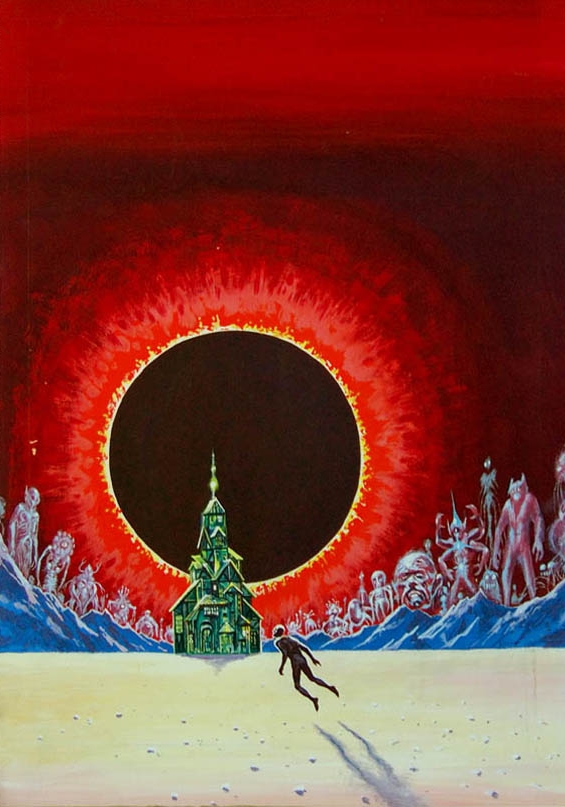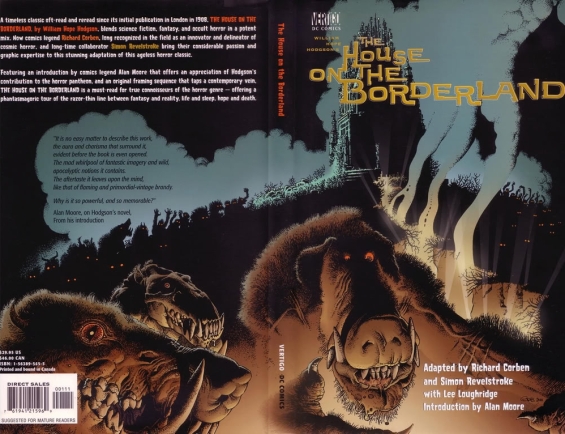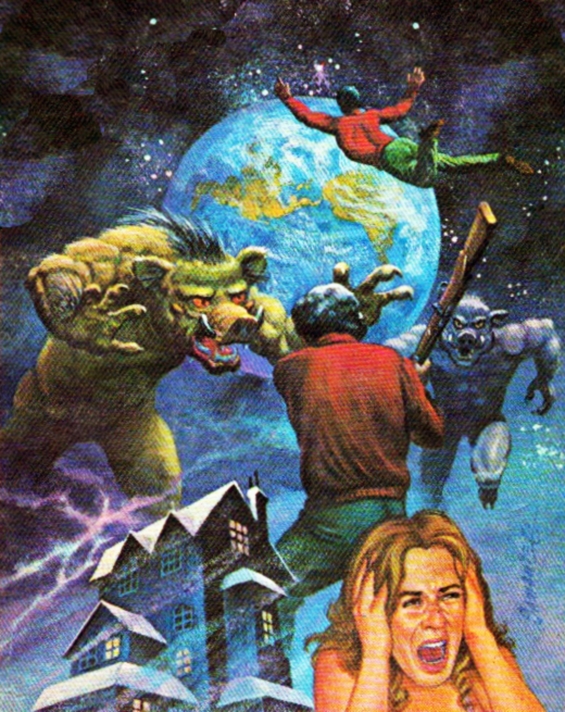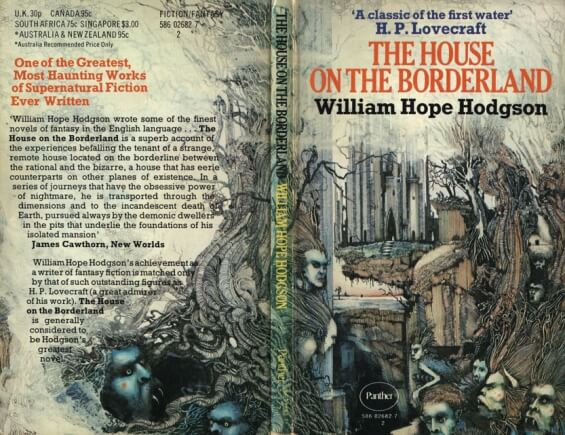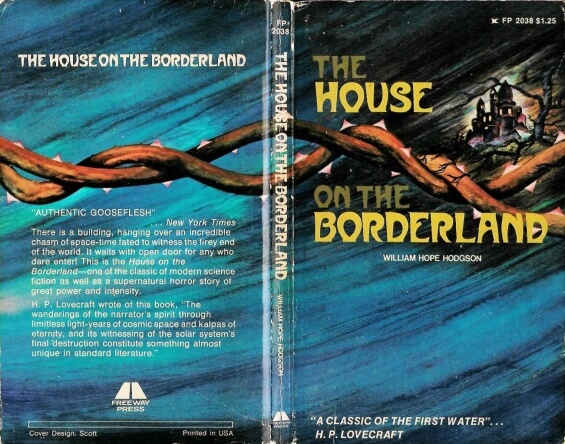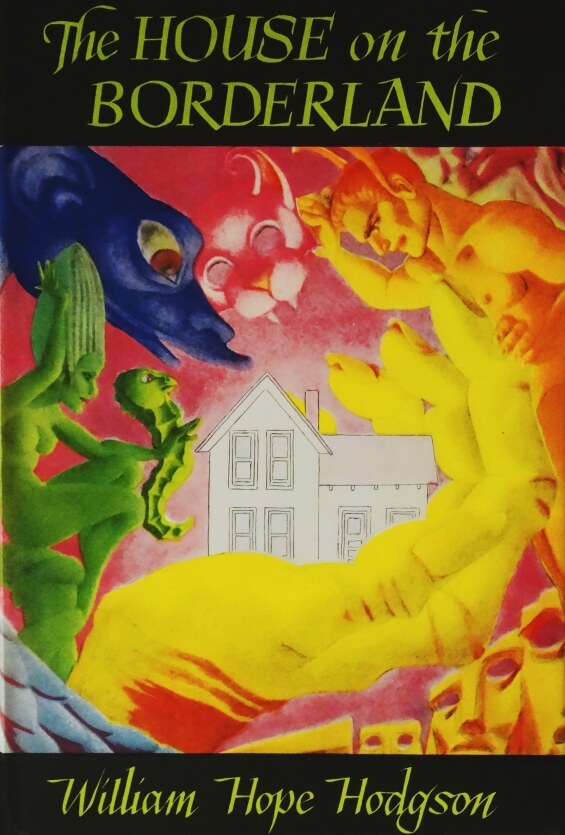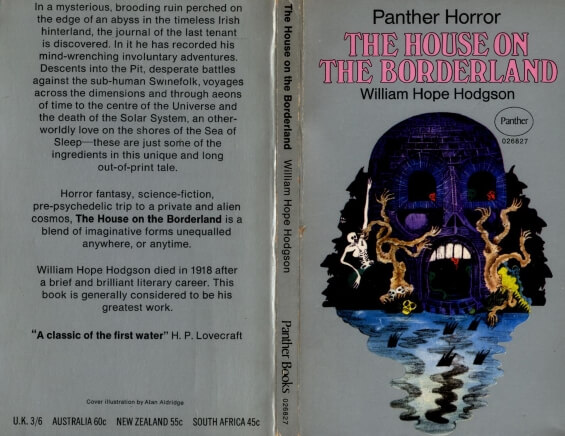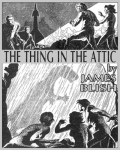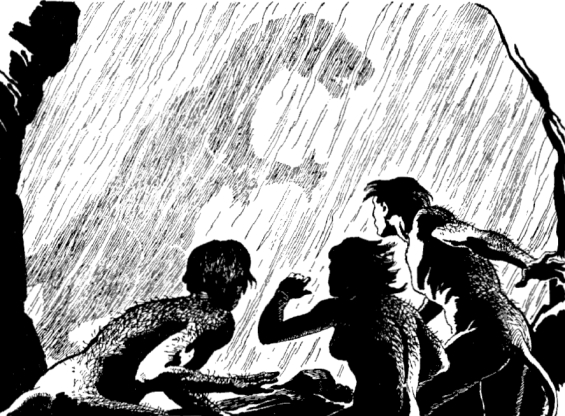
 The SFFaudio Podcast #199 – Scott, Jesse, Tamahome, and Jenny talk about NEW RELEASES and RECENT ARRIVALS (audiobooks).
The SFFaudio Podcast #199 – Scott, Jesse, Tamahome, and Jenny talk about NEW RELEASES and RECENT ARRIVALS (audiobooks).
Talked about on today’s show:
Recent arrivals first, here’s Jenny’s list, Harry Harrison’s Deathworld, Speculative! Brilliance audiobooks (from public domain works), “he’s super clear”, author of Make Room! Make Room! (aka Soylent Green), Planet Of The Damned, “nice font”, Ursula K. Le Guin’s The Telling is in the Hanish Cycle, the out of print Harlan Ellison version of A Wizard of Earthsea, The Lathe Of Heaven and the PBS TV-movie with Bruce Davidson (trailer), Work Of The Devil by Katherine Amt Hanna, “the devil has no time for long novels”, Joe Hill’s Horns and In The Tall Grass (with Stephen King), Philip K. Dick’s Vulcan’s Hammer, similar to Colossus: The Forbin Project (film), “goes Skynet on your ass”, The Game-Players Of Titan has slug aliens, good names for bands, Time Out Of Joint, Tears In Rain by Rosa Montera is inspired by Blade Runner (it has a female Rutger Hauer), translated from Spanish, The Woodcutter by Kate Danley has fairy tale characters, Beowulf, Jeff Wheeler’s Legends Of Muirwood series released all at once, House Of Cards is a great British show, Dead Spots by Scarlett Bernard sounds like one of those Lifetime movies, The Mad Scientist’s Daughter by Cassandra Rose Clarke has a disturbing android romance, ewww!, Tam knows who Steven Erikson is (Forge Of Darkness), re-read of the Malazan series, we need urban fantasy and military SF people, Tenth Of December by George Saunders, prefers short stories, on Colbert, Vampires In The Lemon Grove by Karen Russell, her novel Swamplandia has been optioned by HBO, New releases start, Poe Must Die by Marc Olden, Ben Bova’s Farside comes out soon (hard SF), narrated by Stefan Rudnicki, Stefan’s Fantastic Imaginings, where’s James P. Hogan’s Inherit The Earth?, the movie Frequency didn’t star Kevin Bacon, the entire X Minus One radio drama run, short story audio collections having chapters and a table of contents, Star Wars audiobooks with enhanced sound, Bryce’s review of Star Wars: Scoundrels, more Star Trek novel audio books, more classic sf, Leigh Brackett, Jerry Pournelle, Harlan Ellison, Arthur C. Clarke, George R.R. Martin, “you’re welcome, Audible”, The Mad Scientist’s Guide To World Domination by John Joseph Adams, short fiction is back, Olaf Stapelton, like a science fiction The Silmarillion, SF Crossing The Gulf podcast will discuss Olaf Stapledon and others, Mary Doria Russell, where’s the audio version of Karen Lord’s The Best Of All Possible Worlds? (actually it came out the same day as the print version), Jenny loved it, what is the Candide connection Karen?, indie Scifi Arizona author Michael McCollum on Audible (Steve Gibson approved), the Audible Feb2013 Win-Win $4.95 sale, get the first in a series cheap, Sharon Shinn’s Archangel Samaria series, Image Comics’s first issue sale, The Red Panda audio drama becomes a comic (cover), John Scalzi’s The Human Division serial, wish science fiction authors in TV series, George R.R. Martin to develop more shows for HBO, football jerseys vs Star Trek uniforms.
Posted by Tamahome
